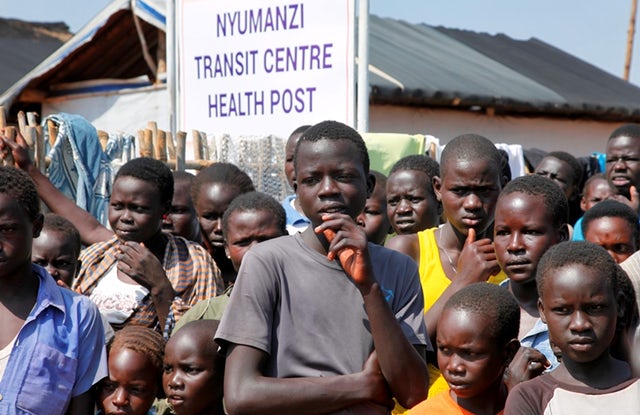S. Sudan’s warring factions recruiting refugees in Ugandan camps: report
September 2, 2019 (KAMPALA) – South Sudan warring factions are involved in recruiting refugees from settlement camps in northern Uganda to fight the war back home, new report has revealed.

Speaking during the launch of the report in Kampala last week, IRRI’s executive director, Achieng Akena, said parties involved in the South Sudanese conflict should be held accountable for their actions.
The report, among others, recommended thorough investigations into recruitment and abuses against refugees by the warring factions to ensure that individuals involved are arrested and prosecuted.
It further recommended that the Ugandan government increases police presence in refugee settlements, support training on refugee and host community relations, and strengthen community policing.
Meanwhile, the head of refugee integration and legal affairs in the Office of Prime Minister, Innocent Ndahiriwe dismissed IRRI’s findings.
“Let anyone challenge me on this with evidence because we have never come across cases of recruitment of refugees from settlements,” he told Daily Monitor.
There are reportedly more than 800,000 South Sudanese refugees in camps just inside Uganda.
South Sudan descended into civil war in mid-December 2013 and the ongoing conflict has created one of the fastest-growing refugee crises in the world.
In September 2018, South Sudan’s conflicting parties signed a final peace deal in Addis Ababa after negotiations brokered by the Sudanese government and mandated by regional nations.
(ST)
